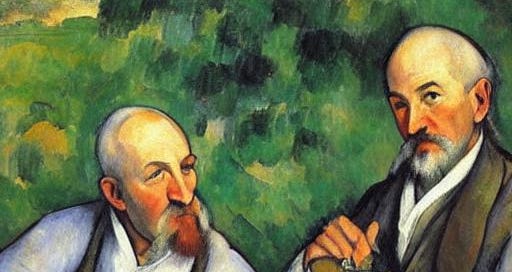Enlightenment Liberalism began in Europe during the 17th century. Most of the continent was ruled by monarchs but political writers like John Locke and Thomas Hobbes introduced ideas of citizens possessing more power and influence on government. Ideas such as these were directly associated with the Age of Enlightenment occurring around the same time. The Enlightenment Era was an intellectual and philosophical movement that emphasized human happiness, the pursuit of knowledge obtained through reason, and ideals such as natural law, liberty, progress, tolerance, fraternity, and constitutional government.
Locke wrote that citizens should have more agency in their political leadership, and structure. He believed citizens were equal and possessed certain individual rights which limit what the state or another citizen may do to them. Additionally, government leaders were empowered to improve conditions and govern fairly. If citizens no longer consent to the governance, the government ceases to have any right to be in power. Rather than simply being loyal subjects, citizens could establish their own communities, constitutions, and government power. In what is regarded as a social contract, citizens and their communities place their executive power in the hands of the government on trust. One of the main reasons for modern American political campaigns is to build this trust in voters and earn their votes. Enlightened liberals believed men were more reasonable and intelligent than previously imagined. Citizens no longer needed absolutist leadership when they could constitute political betterment for themselves.
Ultimately, men like Hobbes and Locke, preached that any social and political order stemmed from human collaboration, not royal kingship, or divine will. The voice of the people would reign supreme in a structured and manicured manner. The wickedness of mankind preached by religious leaders of the 17th century was being questioned. Goodness and evil became objective rather than what a priest said it was. Like their Enlightenment peers, enlightened liberals went against the status quo and put more responsibility on men to route their journey. Citizens could cooperate with leaders if they had the community’s best interest. A lot of the monarchs of the time only fought for themselves. People no longer thought they needed a king or queen to lead them to prosperity and desired equal political footing among one another. Many enlightened political thinkers were God-fearing people but believed humans could overlook their selfish interests for the better good of everyone.
Enlightenment liberalism transformed political theory from the 17th century and beyond. Theorists of this time inspired men like Thomas Jefferson and James Madison to establish the U.S. Constitution. The United States was built upon the ideals of democracy, civil rights, and electing leaders. Along with the USA, many other nations adopted ideals written by John Locke and Thomas Hobbes to enrich their populations and engrain citizens into their political fabric. Citizens are entrusted to be responsible and law-abiding, while also relinquishing their executive power to leadership. It is a game of give and take between citizens and those elected to administer laws and creeds.




